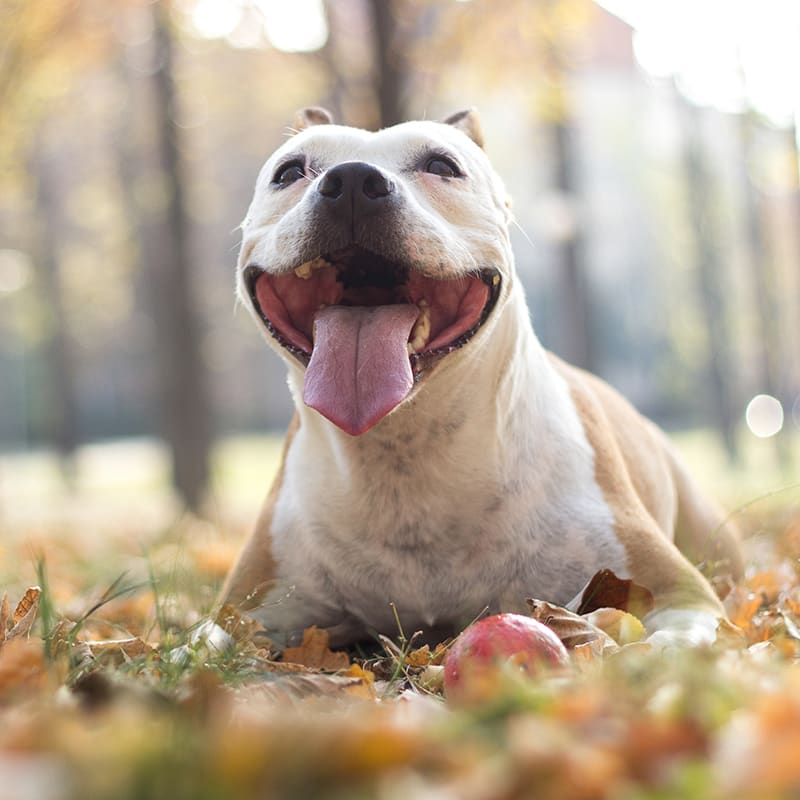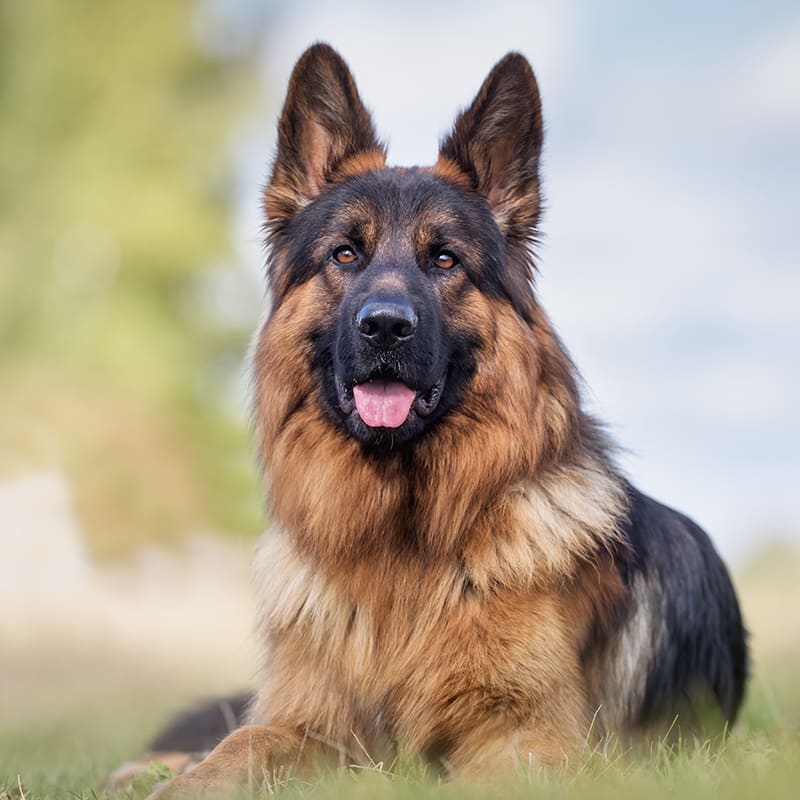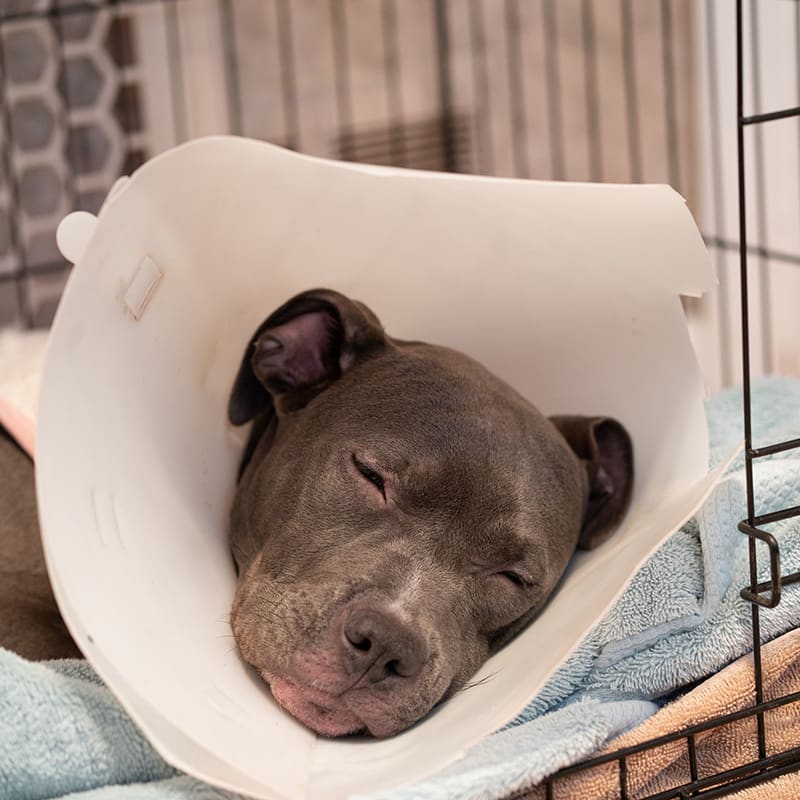Leiomyosarcoma - Stomach Cancer in Cats
Leiomyosarcoma is a painful and aggressive form of cancer that affects the smooth muscles of the cat's stomach and intestines. In today's post our veterinary specialists explain some of the signs of this stomach cancer in cats as well as how the disease is diagnosed and treated.










